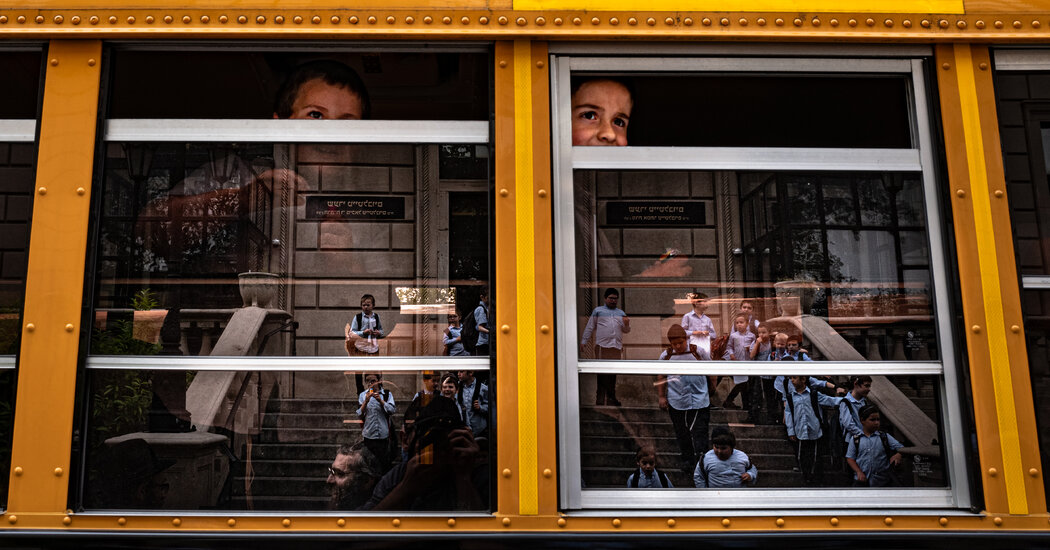
The groups all emphatically said Hasidic schools operate independently of each other, not as a network. They denied some of The Times’s findings, including that the schools do not provide an adequate education and that teachers regularly use corporal punishment. They also noted that the schools receive far less taxpayer money per pupil than public schools do, and they said Hasidic neighborhoods were not as impoverished as government data might suggest.
“The Hasidic community is proud of the education that it provides to its students — all of whom attend at their parents’ choice for a religious education — and has many, many accomplished and successful graduates,” wrote J. Erik Connolly, a Chicago lawyer representing the Tzedek Association, a group that works with Hasidic schools, in a letter to The Times.
Another spokesman for Hasidic schools, Richard Bamberger, denied that graduates of the schools were unable to speak or write in English and said the schools are safe and “have zero-tolerance policies against any violence.”
Mr. Bamberger and Mr. Connolly also said that Jewish schools, known as yeshivas, in general perform well on standardized tests for high school students, a point that Hasidic leaders have often argued. In fact, very few Hasidic students take those tests, and the results almost entirely reflect the performance of students at the yeshivas that provide robust secular education, including modern Orthodox schools.
Timeline: New York’s Oversight of Hasidic Schools
State law requires all private schools to provide an education comparable to what is in public schools. In 2015, New York City’s education department said it would investigate complaints about the quality of secular education in schools in the Hasidic Jewish community. Here’s a timeline of the investigation:
In other parts of the world with large Hasidic populations, including in Britain, Australia and Israel, officials have moved to crack down on the lack of secular education in Hasidic schools. But that has not happened in New York, despite a state law requiring private schools to offer an education comparable to the one provided in public schools.
Bill de Blasio, the former mayor of New York City, began an investigation into the schools after receiving complaints in 2015, but his administration put it on hold when the pandemic hit. Mayor Eric Adams has not intervened in the schools — and has touted close ties to Hasidic leaders. In Albany, Gov. Kathy Hochul has taken a similarly hands-off approach, as did her predecessor, Andrew M. Cuomo.




